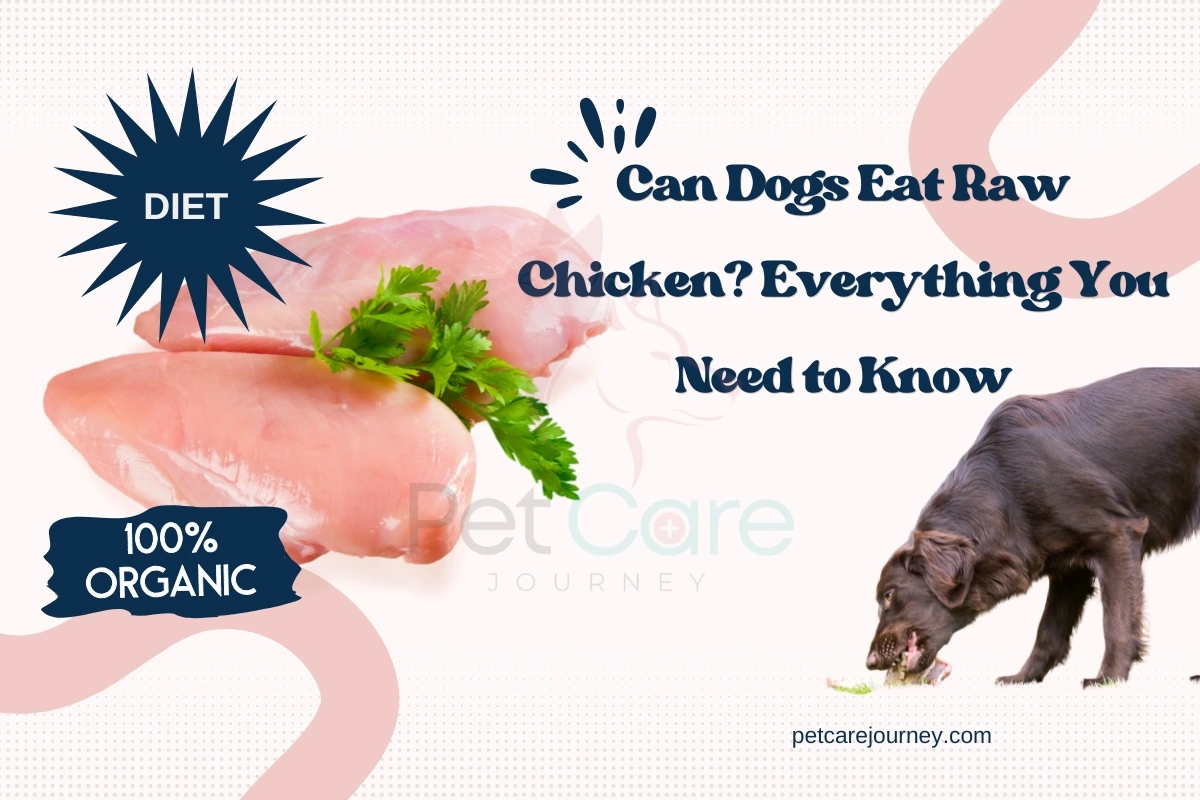Avocados contain a chemical called persin, which is one of the reasons why most animals get sick when they eat them. Although persin can be quite poisonous to some animal species, it is reported that most dogs are comparatively tolerant to it since ripe avocado flesh is rendered harmless by minimal exposure. Conversely, there are significant risks associated with avocado pieces such the pit, skin, and leaves.
Is it safe for dogs to eat avocado?
Avocados are considered a superfood for humans because of their health advantages, which are more important than their creamy texture. However, dogs? Can a dog consume avocado? Depending on the avocado portion, how it is prepared, and how much has been consumed, the answers differ. This extensive article addresses common misconceptions, facts, and issues regarding feeding avocados to dogs. It covers criminal activity, risks, benefits, and some essential safety measures to keep your pet a little safer.
Safe vs. Unsafe Parts of an Avocado for Dogs
| Part of Avocado | Safe for Dogs? | Reason |
|---|---|---|
| Flesh (Ripe) | Yes, in moderation. | Contains healthy fats and nutrients. |
| Pit/Seed | No. | Choking hazard and may cause intestinal blockage. |
| Skin | No. | Difficult to digest and contains more persin. |
| Leaves and Stem | No. | High persin content, potentially toxic. |
The Health Benefits of Avocado for Dogs
However, the flesh of avocados contains a number of nutrients that can benefit your dog when eaten in moderation:
- Healthy fats: supporting skin and coat health and energy levels.
- Vitamin E: a shiny coat and enhanced immunity.
- Vitamin B6: is necessary for brain development and energy balance.
- Potassium: supports healthy muscle function and electrolyte balance.
- Fiber supports: healthy digestion and regular bowel motions.
Can Dogs Safely Consume Avocado Oil?
Yes, dogs may contain trace levels of avocado oil. Much of the fruit’s healthy fats and vitamins are still present, and there is no persin. To enhance the quality of dog fur, the oil is frequently added to dog food and supplements.
Risks Associated with Giving Dogs Avocado
Although avocado flesh is generally safe to eat, there are several hazards associated with doing so:
The Toxicity of Persin
Despite the fact that dogs are more tolerant to persin than certain other species, eating avocado flesh pits or peel might result in gastrointestinal distress or poisoning in large quantities.
Risk of Choking
If ingested, the pit’s size and slickness pose a serious risk of choking or impacted bowel.
Increased Fat Content
Avocados are high in calories. For dogs, especially sensitive ones, too much of a good thing might result in obesity or pancreatitis.
Guacamole Risks
Is it safe for dogs to consume avocado salsa? No! The dog’s health is negatively impacted by all of the unhealthy ingredients found in guacamole, including lime juice, salt, onion, and garlic.
How to Safely Feed Avocado to Your Dog
If you decide to give your dog avocado, follow these guidelines to ensure their safety:
| Factor | Details |
|---|---|
| Quantity | Feed no more than 1-2 small slices of avocado flesh per week for medium to large dogs. For small dogs, reduce the portion to ½ slice or less. |
| Frequency | Avocado should be an occasional treat, not a regular part of their diet. |
| Preparation | Remove the pit, skin, and any unripe or overripe portions. Feed only ripe avocado flesh. |
| Timing | Offer avocado as a snack between meals or mixed with their regular food in small quantities. |
How to Tell If Avocado Is Bad
Feeding a spoiled avocado to your dog can cause digestive issues. Here’s how to tell if an avocado is bad:
| Sign | What It Means |
|---|---|
| Dark, stringy flesh | The avocado is overripe or spoiled. |
| Off-putting smell | A rancid or sour odor indicates the fruit is no longer safe to eat. |
| Mold on the skin or flesh | Presence of mold is a clear sign of spoilage. |
If you wouldn’t eat it yourself, don’t feed it to your dog!
How Would You Respond If Your Dog Consumed the Incorrect Avocado Part?
In the event that your dog accidentally eats the skin, pit, or leaves, you must perform the following:
- Pay Attention to Symptoms
lethargy, diarrhea, vomiting, or stomach pain.
Schedule a visit with your reliable veterinarian if you are experiencing severe symptoms. - Look for any obstructions.
For instance, if your dog consumed the pit, keep an eye out for the typical symptoms of intestinal blockage, such as appetite loss and trouble voiding. - Speak with Your Veterinarian
Do you question how serious our position is? Do not hesitate to consult your veterinarian.
Can Dogs Eat Avocado in Different Forms?
| Avocado Product | Safe for Dogs? |
|---|---|
| Raw Avocado Flesh | Yes, in small amounts and without skin or pit. |
| Avocado Oil | Yes, dog-safe and free of persin. Use in moderation. |
| Guacamole | No, contains toxic ingredients like onions, garlic, or excessive salt. |
| Avocado in Dog Food | Yes, if it’s a small, processed amount specifically formulated for dogs. |
| Avocado-Based Treats | Yes, only if the treat is made for dogs and doesn’t contain harmful additives. |
Health Benefits vs. Risks of Avocado for Dogs
| Aspect | Benefits | Risks |
|---|---|---|
| Nutrients | Healthy fats, vitamins, and fiber for coat, digestion, and energy. | High fat can lead to weight gain or pancreatitis. |
| Preparation | Properly prepared avocado flesh is safe and nutritious. | Skin and pit can cause choking or digestive issues. |
| Guacamole | None. | Toxic ingredients make guacamole unsafe for dogs. |
Can you think of anything that avocados cannot provide for dogs?
Without a doubt; since avocado flesh offers comparable advantages without the dangers of persin, avocado oil is risk-free for your dog. Use as a small garnish for dog food.
How Can I Tell If An Avocado Is Bad?
If the avocado has dark, stringy flesh, a sour scent, or obvious mold, you may be sure it’s bad. Don’t give your dog spoilt avocado.
Can Guacamole Be Given to Dogs?
No, guacamole typically contains a lot of additional things that are bad for dogs, like lime juice, onions, and garlic.
Conclusion
There is a warning. Ripe avocado flesh could perhaps be beneficial, but it would only ever be eaten in little, smooth portions. It needs particular care. You should avoid feeding the pit or skin, as well as guacamole. As usual. Your pet should be given new food gradually, and you should speak with your veterinarian if you have any concerns. One can enjoy avocados as treats for their dog as long as they are handled carefully and safely.
By following these tips, your pet will undoubtedly continue to be content, safe, and healthy while being able to take advantage of everything life has to offer!







